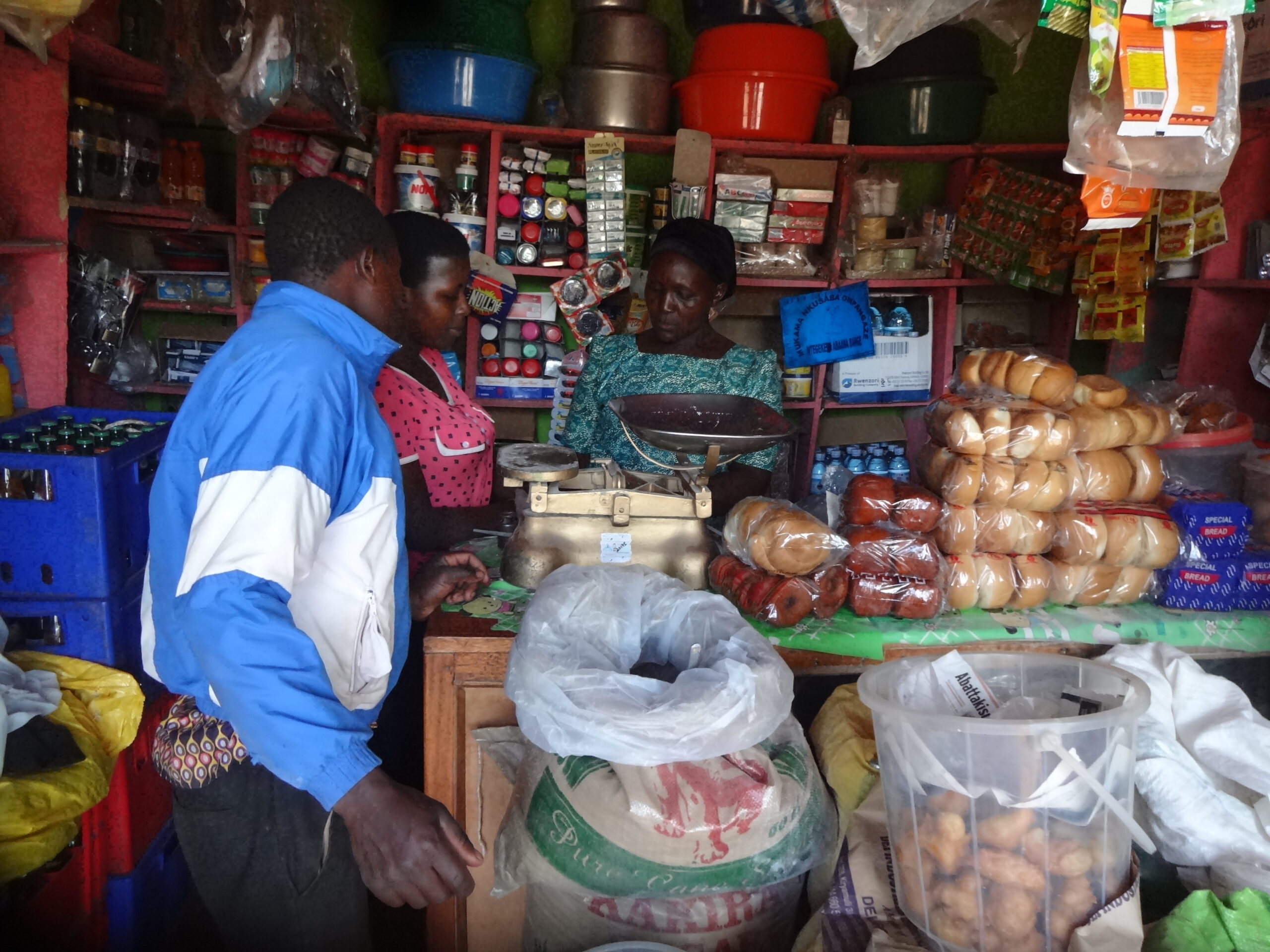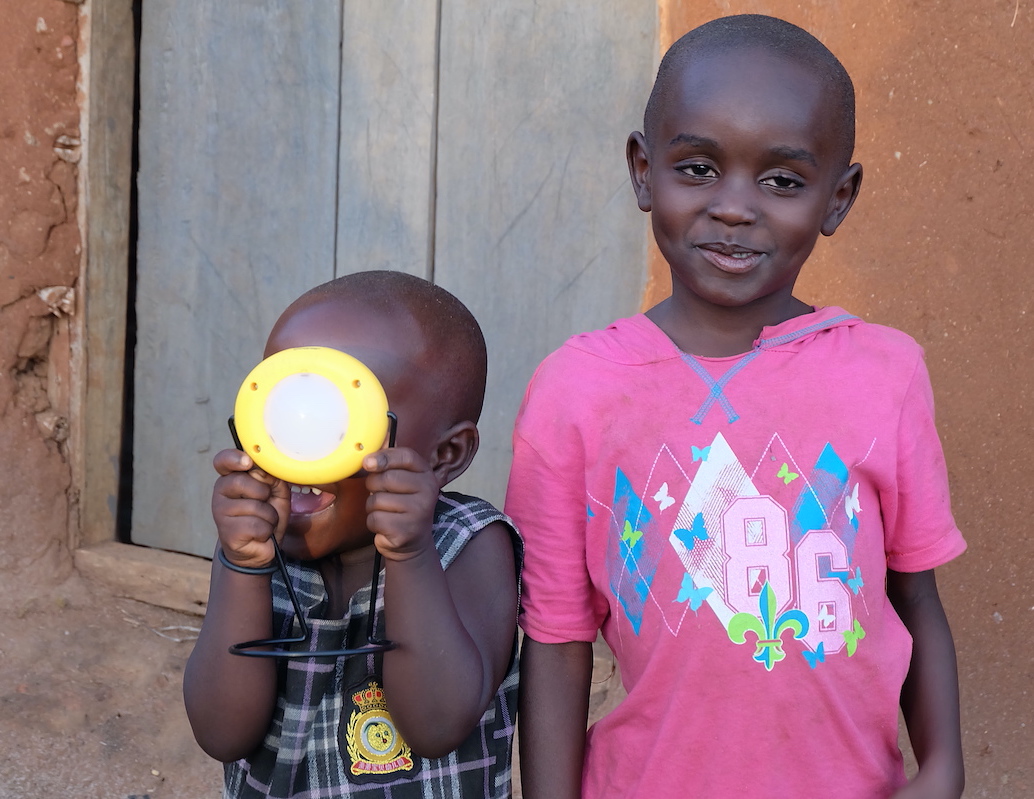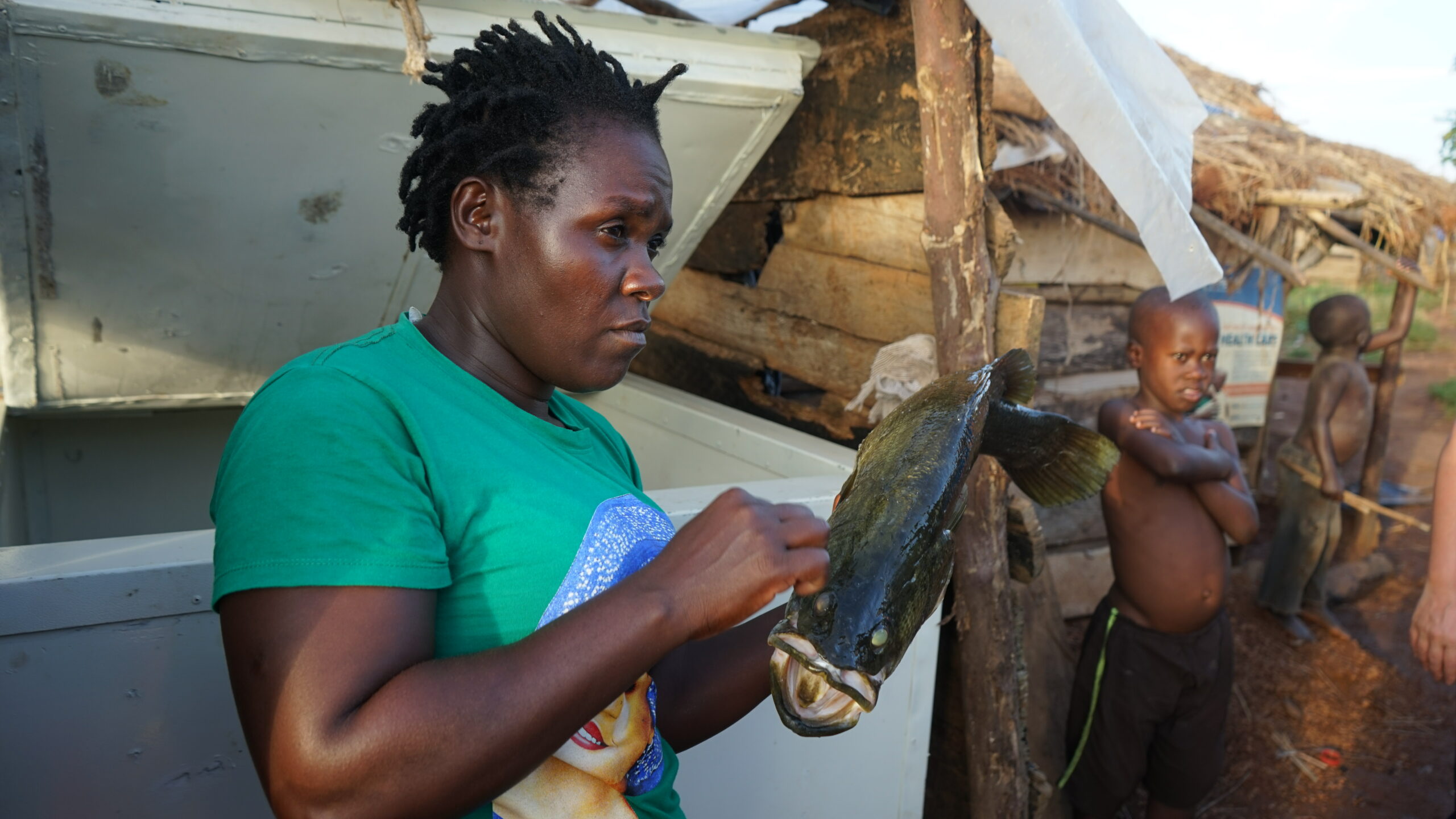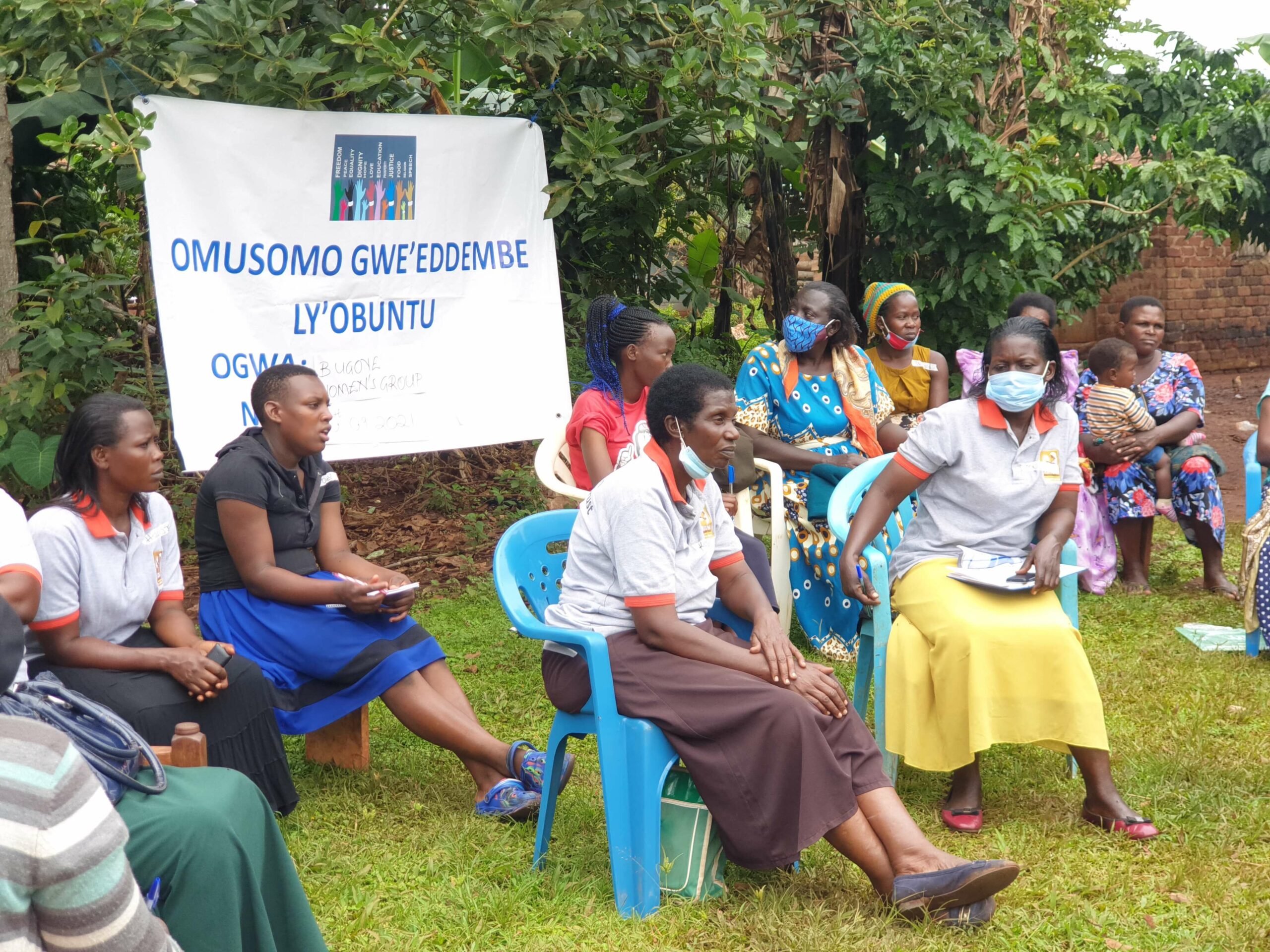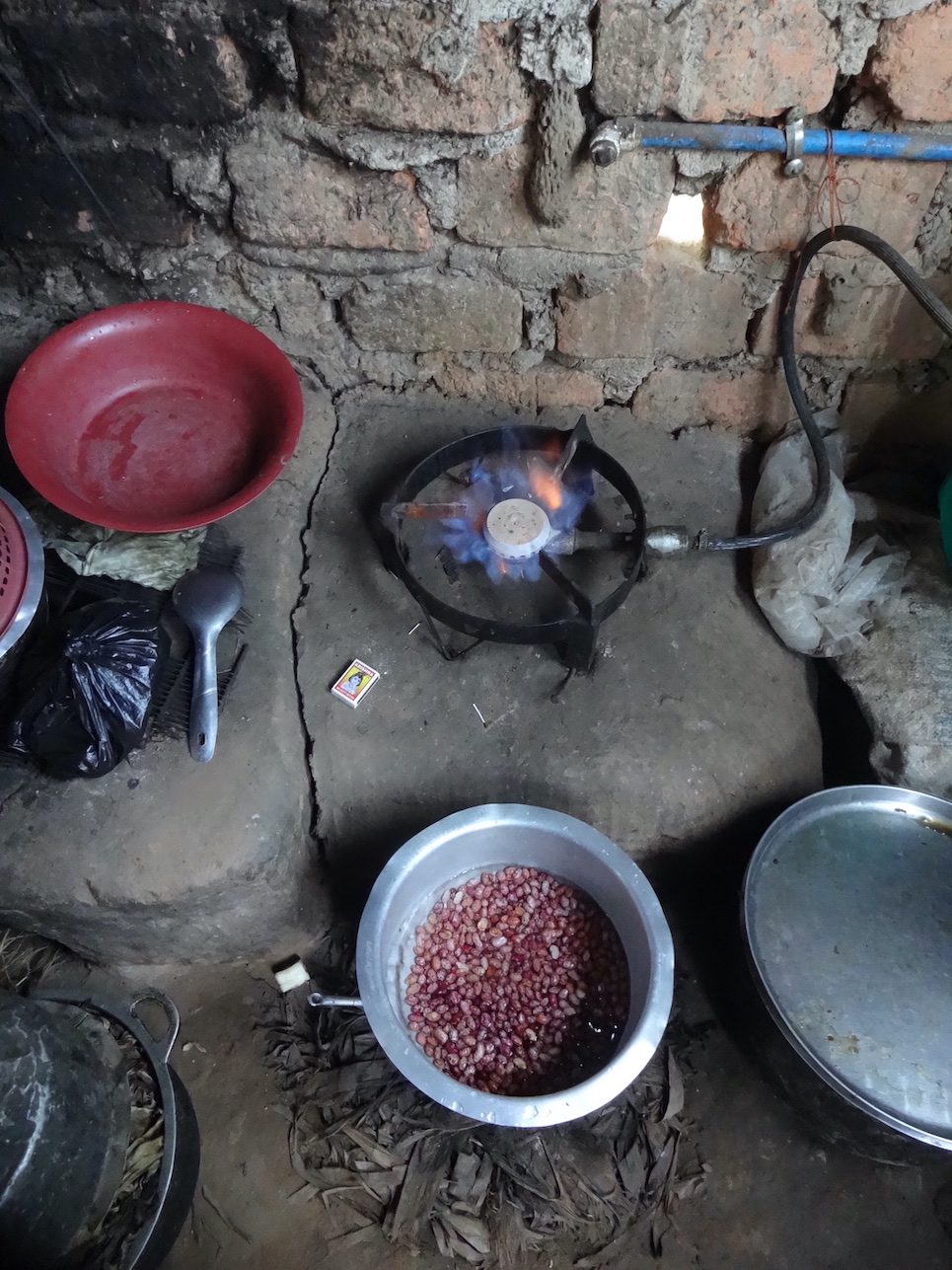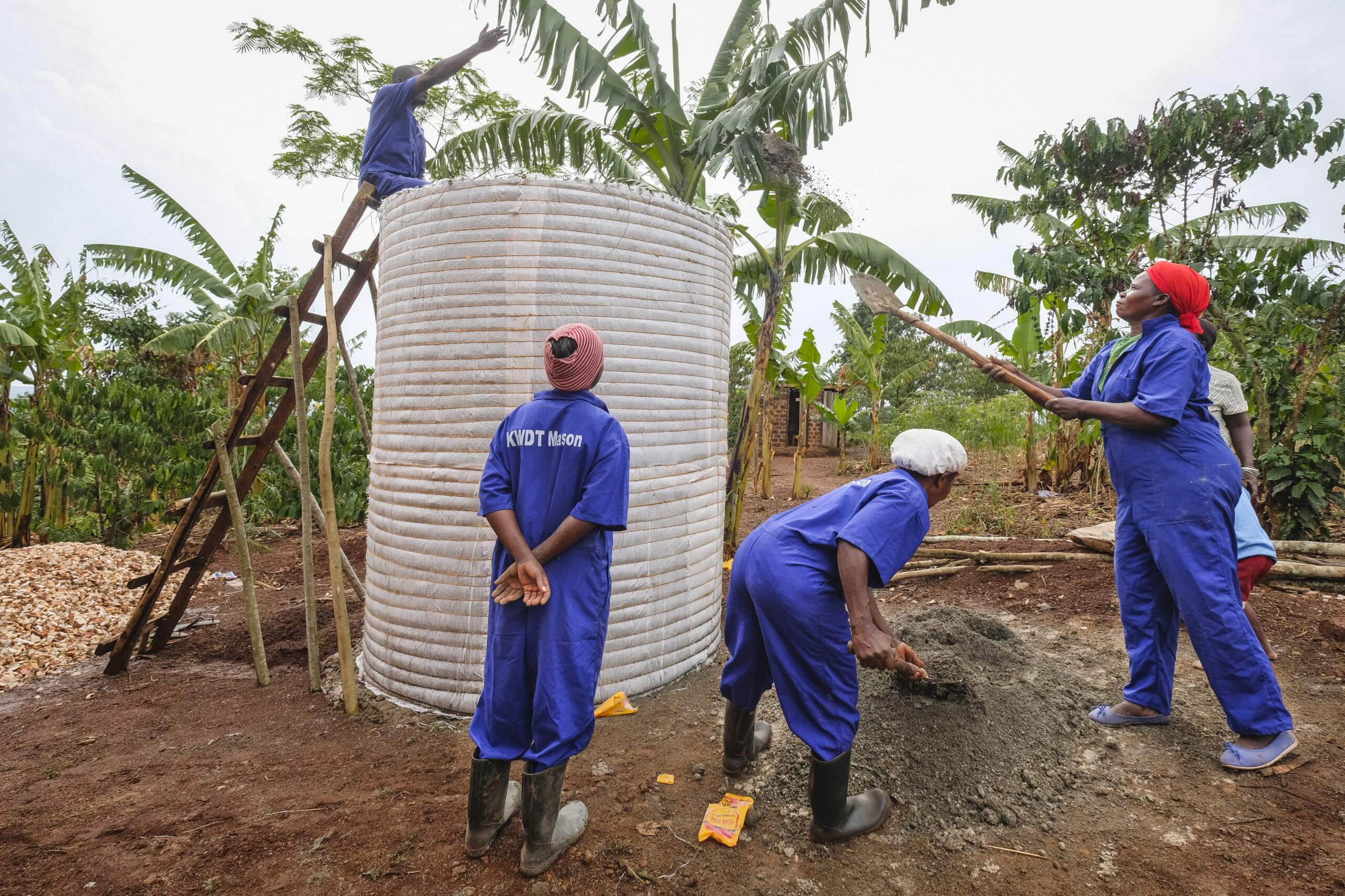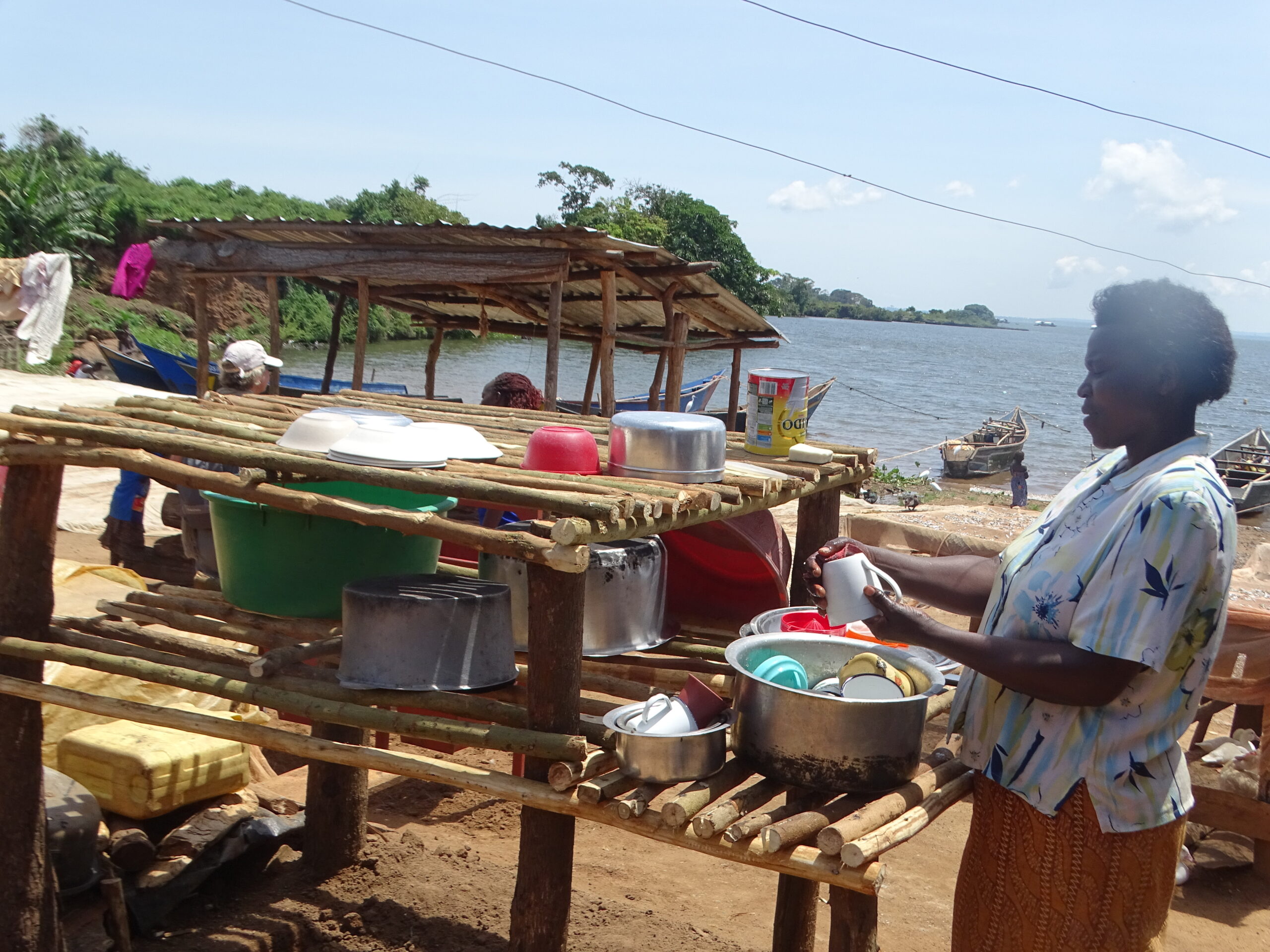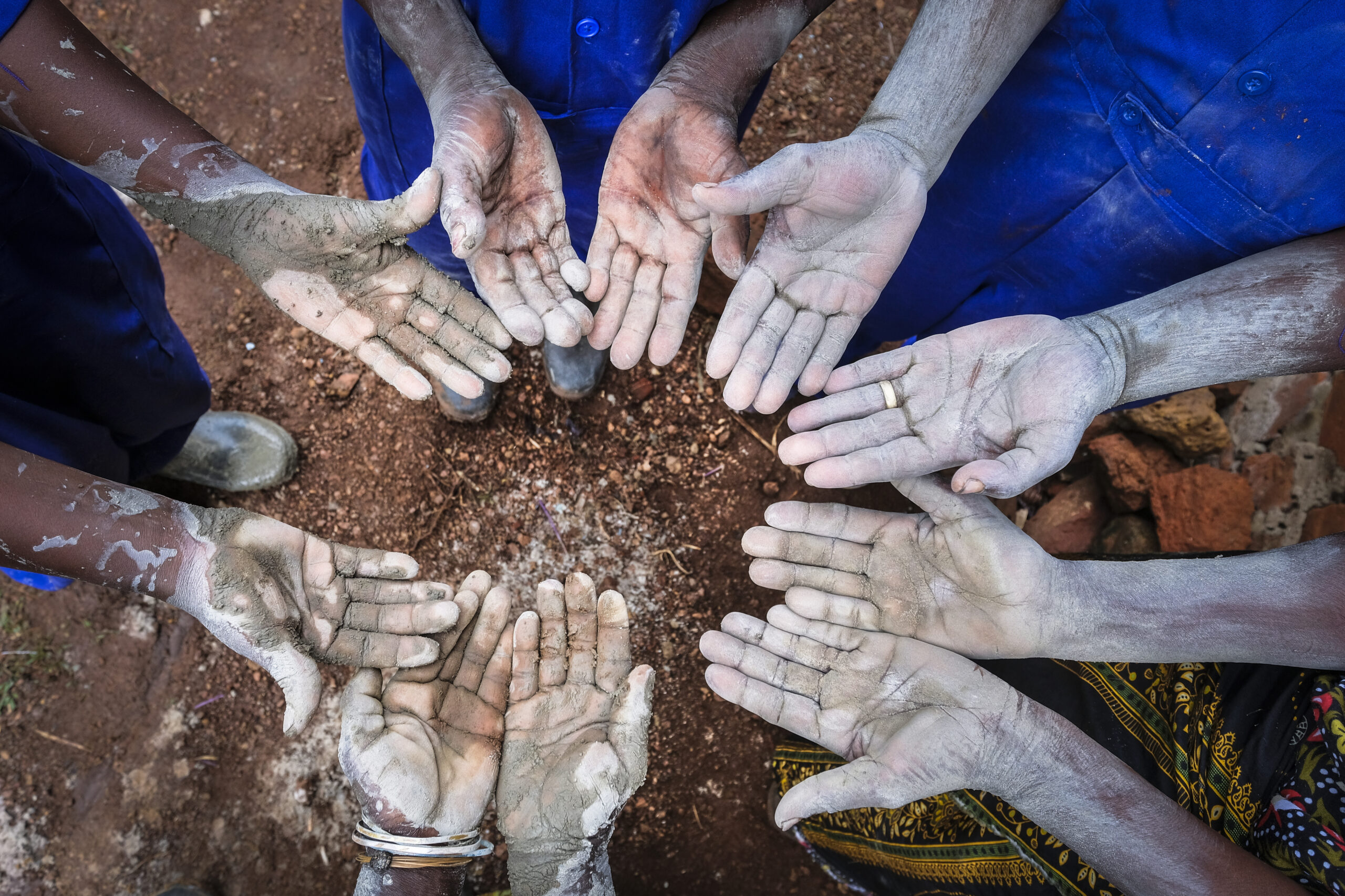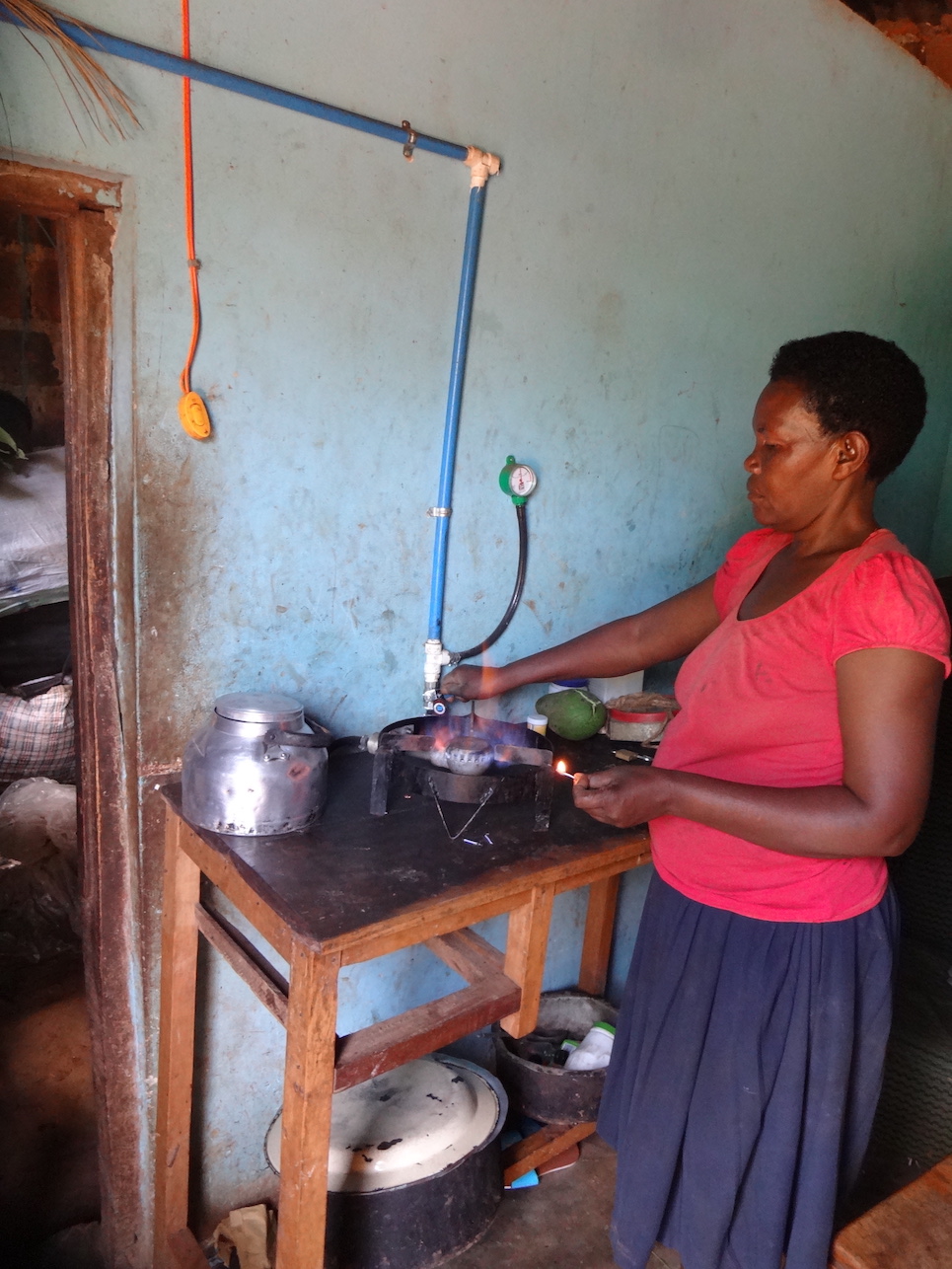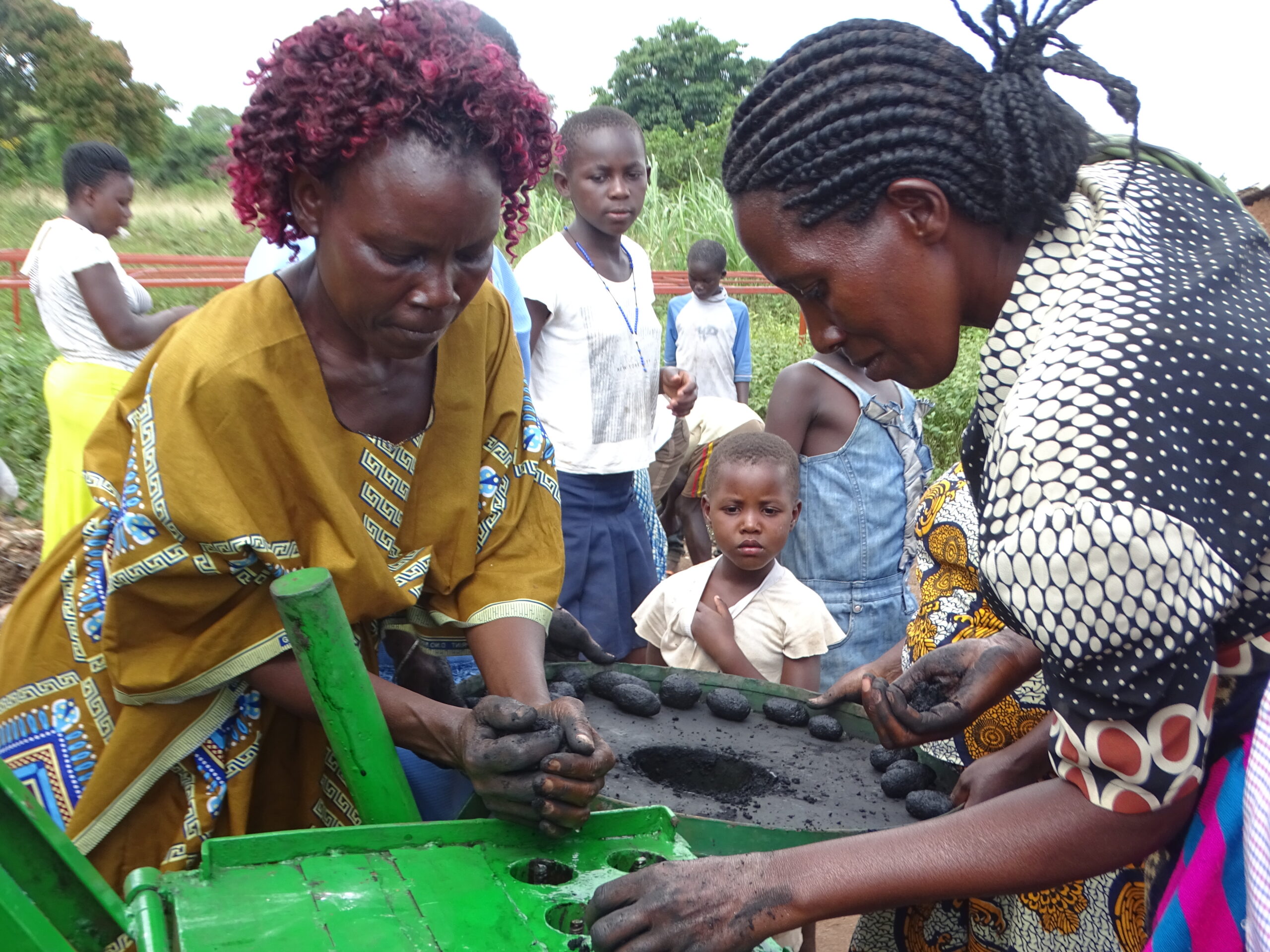The Future
In Our Hands
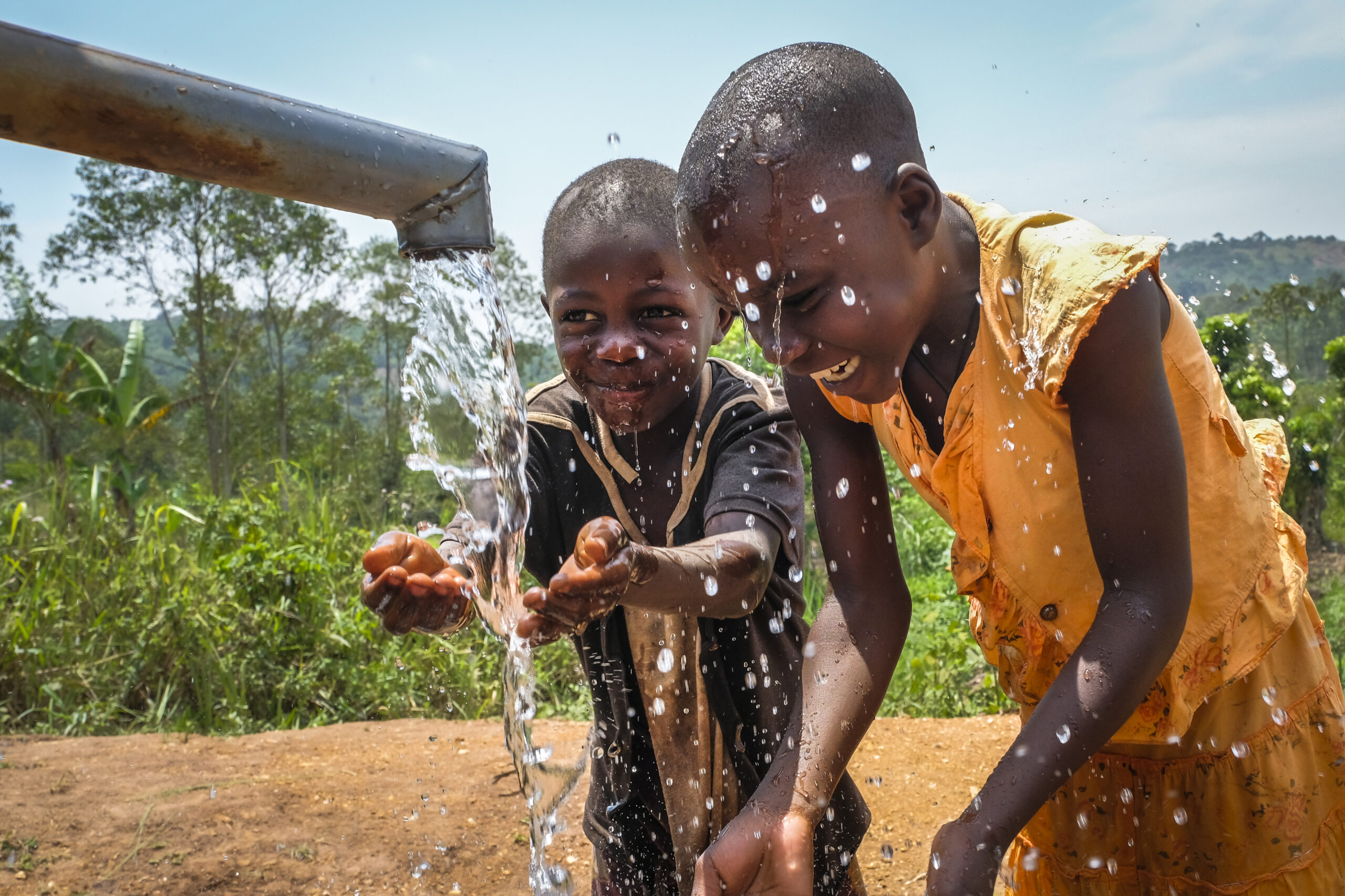
Katosi Women Development Trust (KWDT) is a registered non profit organisation aiming to improve living standards of poor & rural fisher communities in Uganda by empowering them to engage in their development processes.
KWDT has been working with rural and fisher women for over 25 years and has been instrumental in creating change in the lives of the rural & fisher women and their communities.
KWDT is registered under the Non-Governmental Organizations Registration Statute of 1989 S.5914/6911.
Margaret Nakato, the founder of Katosi Women Development Trust and has over 25 years’ experience, mobilising communities to manage their development with focus on women.
Margaret Nakato
Founder
What We Do
In rural and fishing communities, women make up the largest population, but face significant barriers that prevent them from enjoying basic social rights
Most derive their livelihoods from agriculture & fisheries but are restricted with limited access to land, credit & capital. Climate change also threatens their livelihoods as their main sources of income, agriculture, are highly dependent on weather.
Lack of access to healthcare services poses a risk to their health and their communities stressing their meagre incomes with medical bills. Restrictive social cultural norms continue to deny women equal access to opportunities, assets and mute their voices in shaping decisions whilst perpetuating cycles of gender based violence and other social injustices.
KWDT intervenes in rural and fisher communities on Economic Empowerment, Access to Water, Sanitation and improvement of Hygiene (WASH), Formal and Non-Formal Education & Environment Conservation through the women’s groups. Health, Gender, Youth & Disability are mainstreamed in all programs.
KWDT Vision and Mission
Vision
Empowering women to eliminate poverty and build healthy communities
Mission
Enable rural peasant women of KWDT to initiate and effectively manage their own social, economic & political development processes for development.


Causes
Explore Our Causes
- All
- donate
- tools equipment
- water
- sanitation
- loans
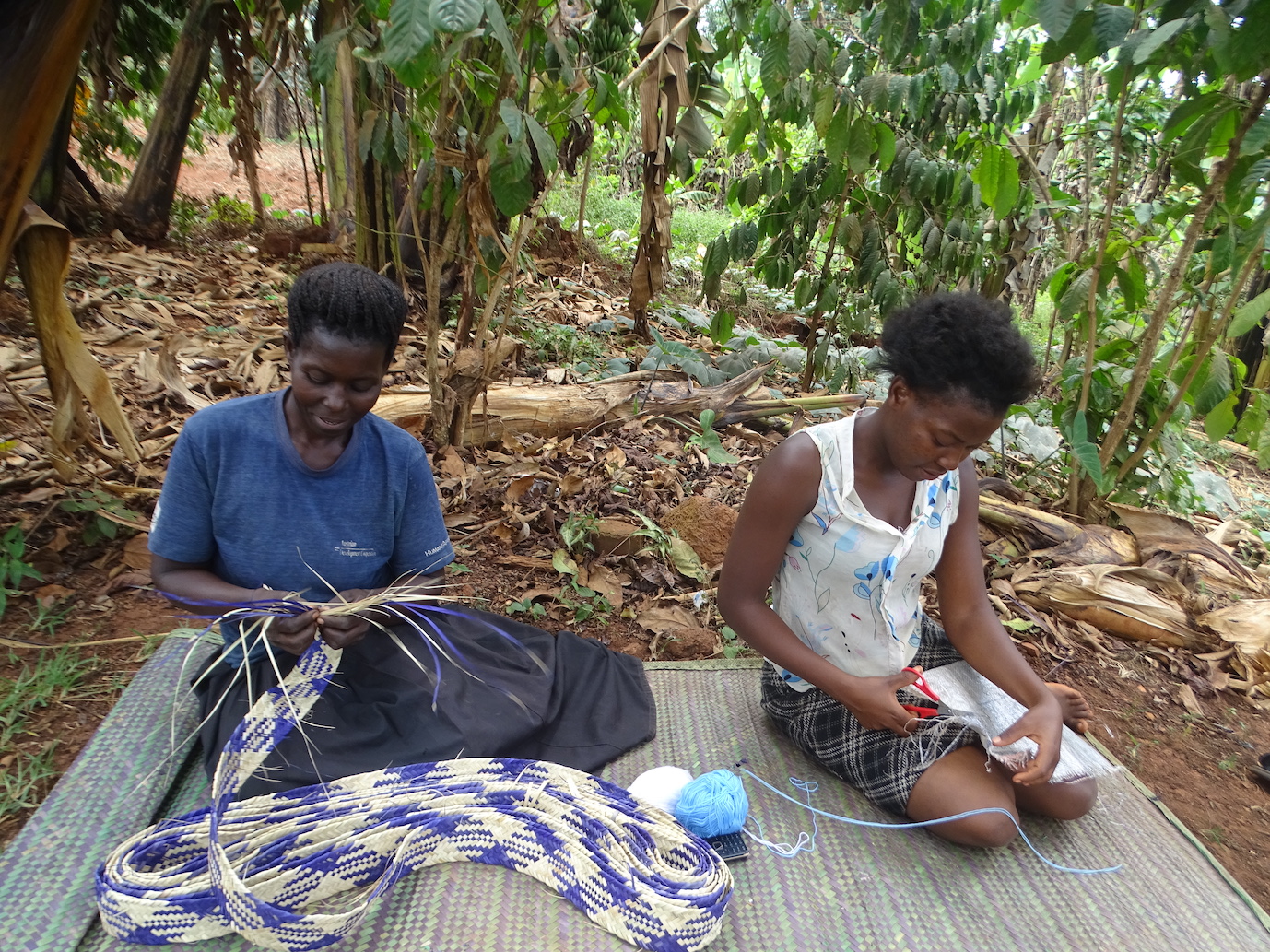
Sewing Machine
Build women and female youth’ capacities by equipping them with functional knowledge and skills.
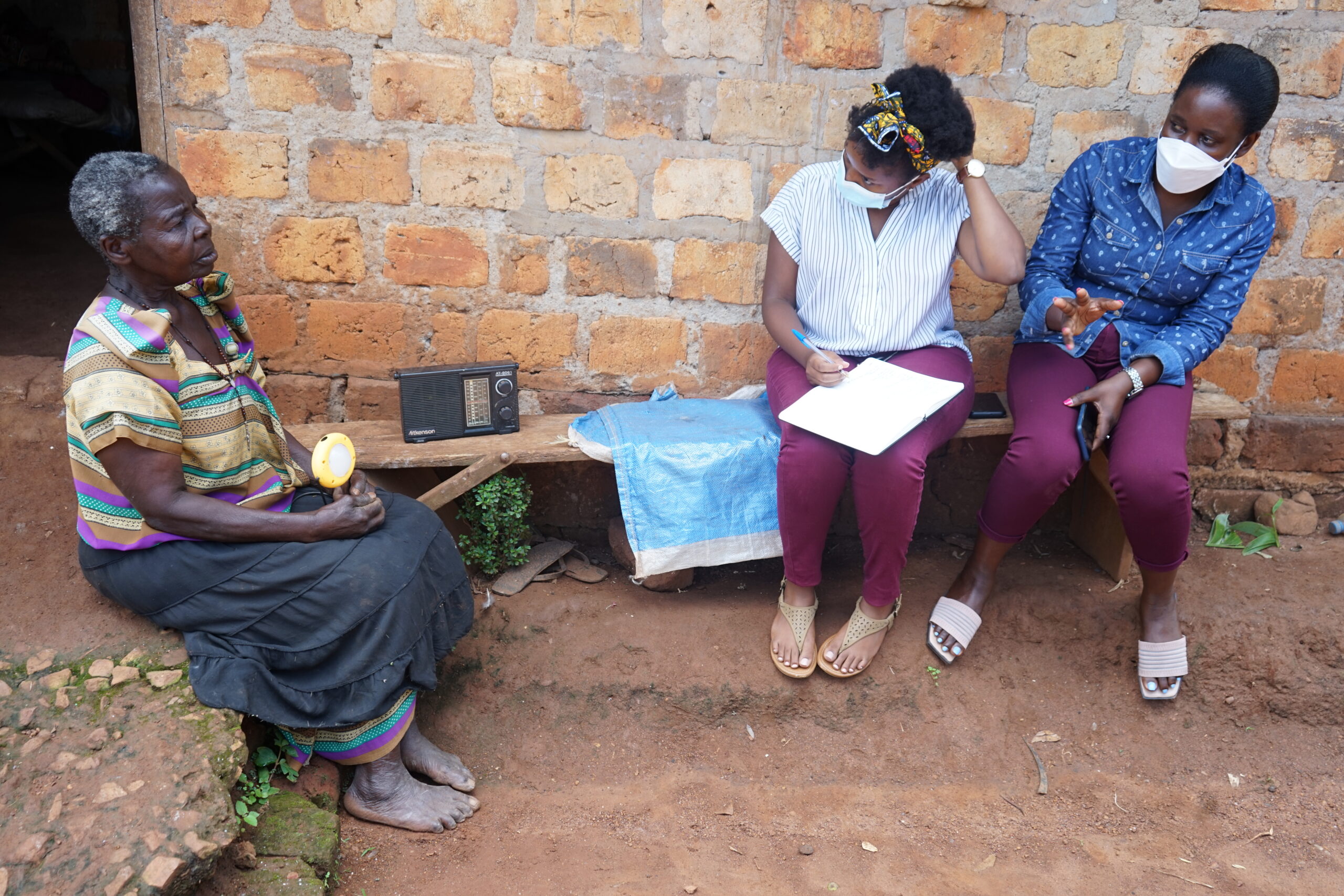
Donate and Give Solar Lights
Support women to contribute to mitigating the effects of climate change and enhance adaption to the use of renewable energy sources.
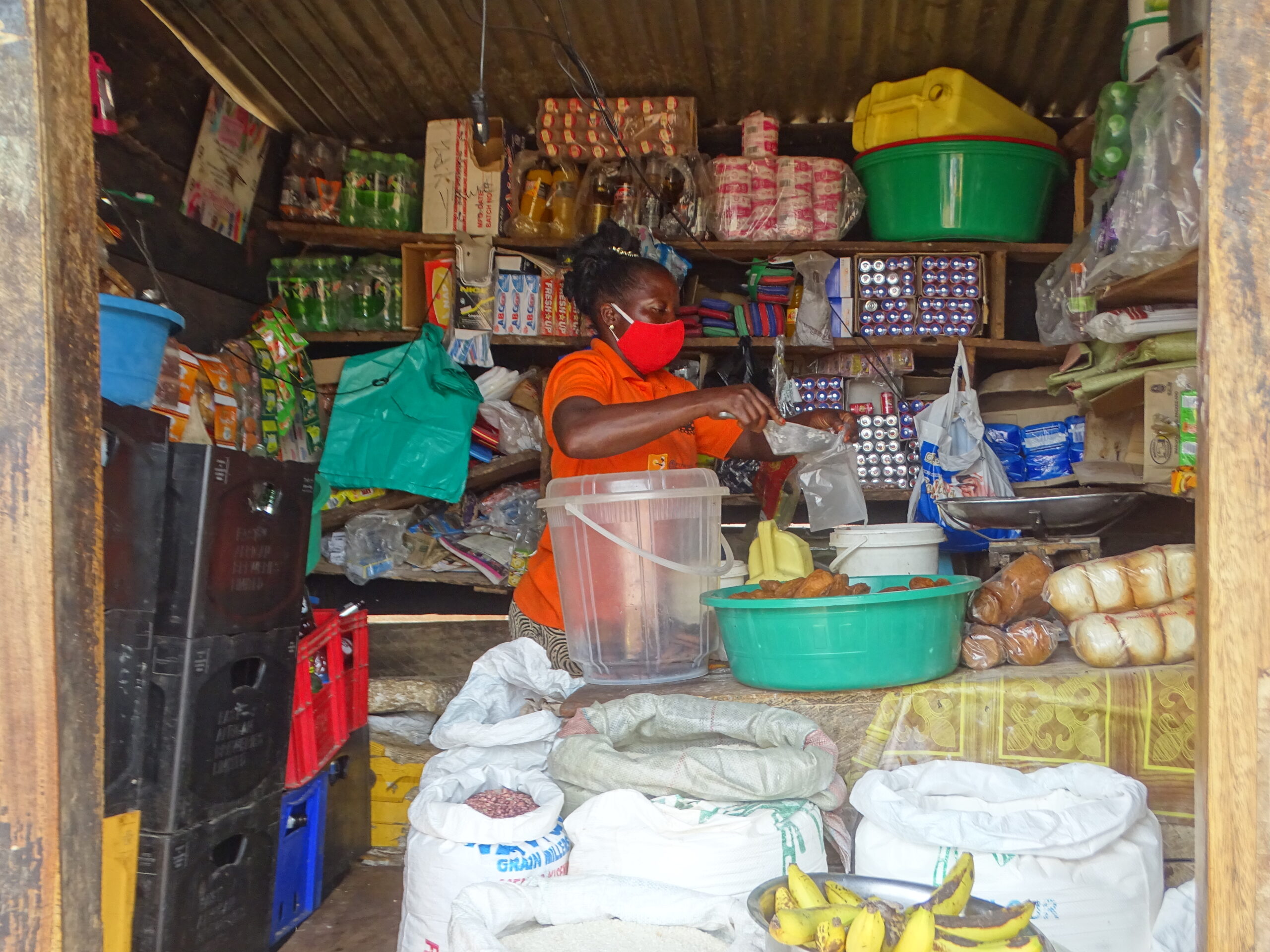
Donate and Give a Micro-Loan
Micro loans have supported women to engage in economic activities, increase access to WASH facilities, access to education as well as renewable energy technologies.
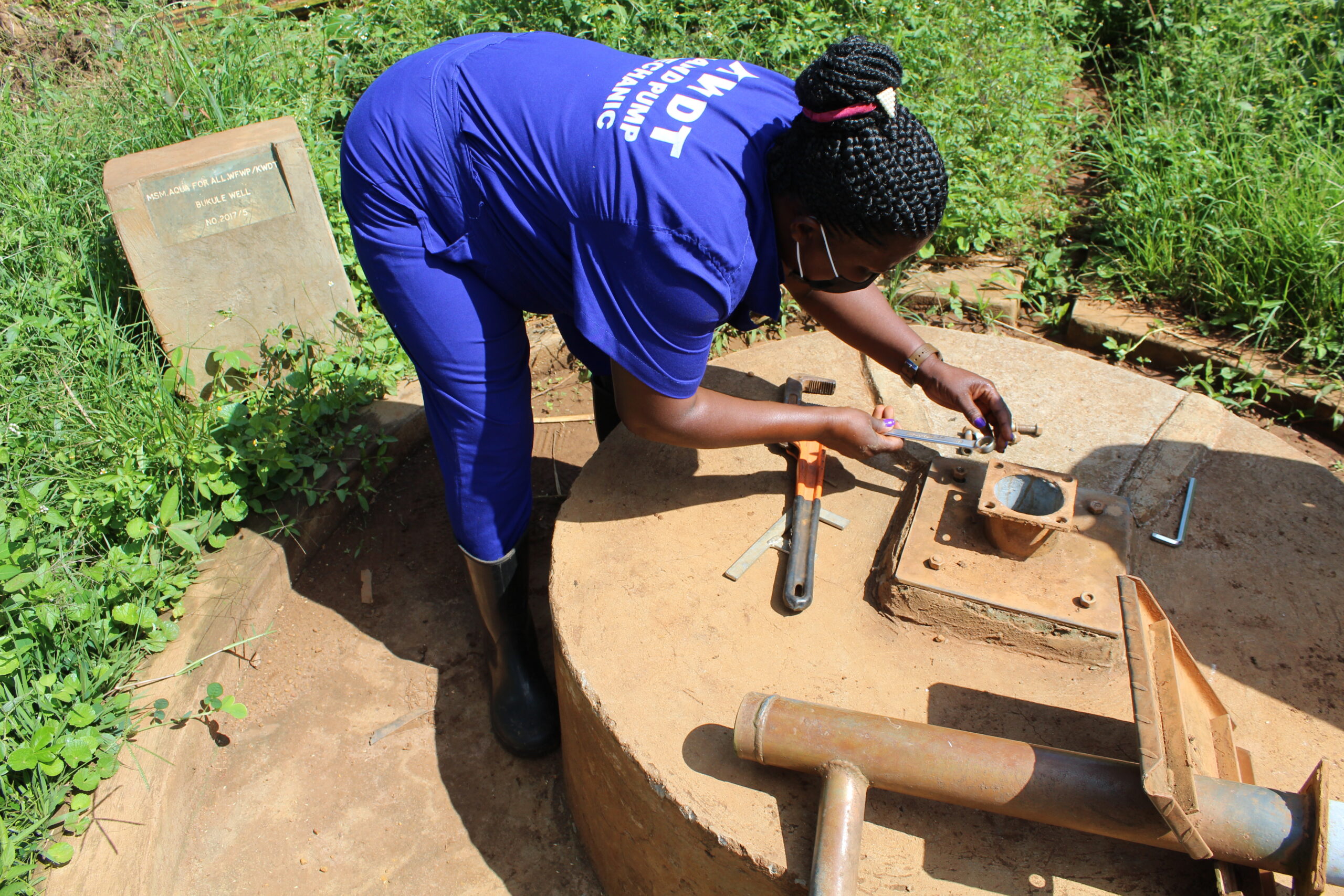
Increase Water Access
Diverse technologies like rain water harvesting tanks and deep boreholes are employed while maintenance is enhanced through skilling of repair committees and strengthening self-governance by training water user committees and the community.
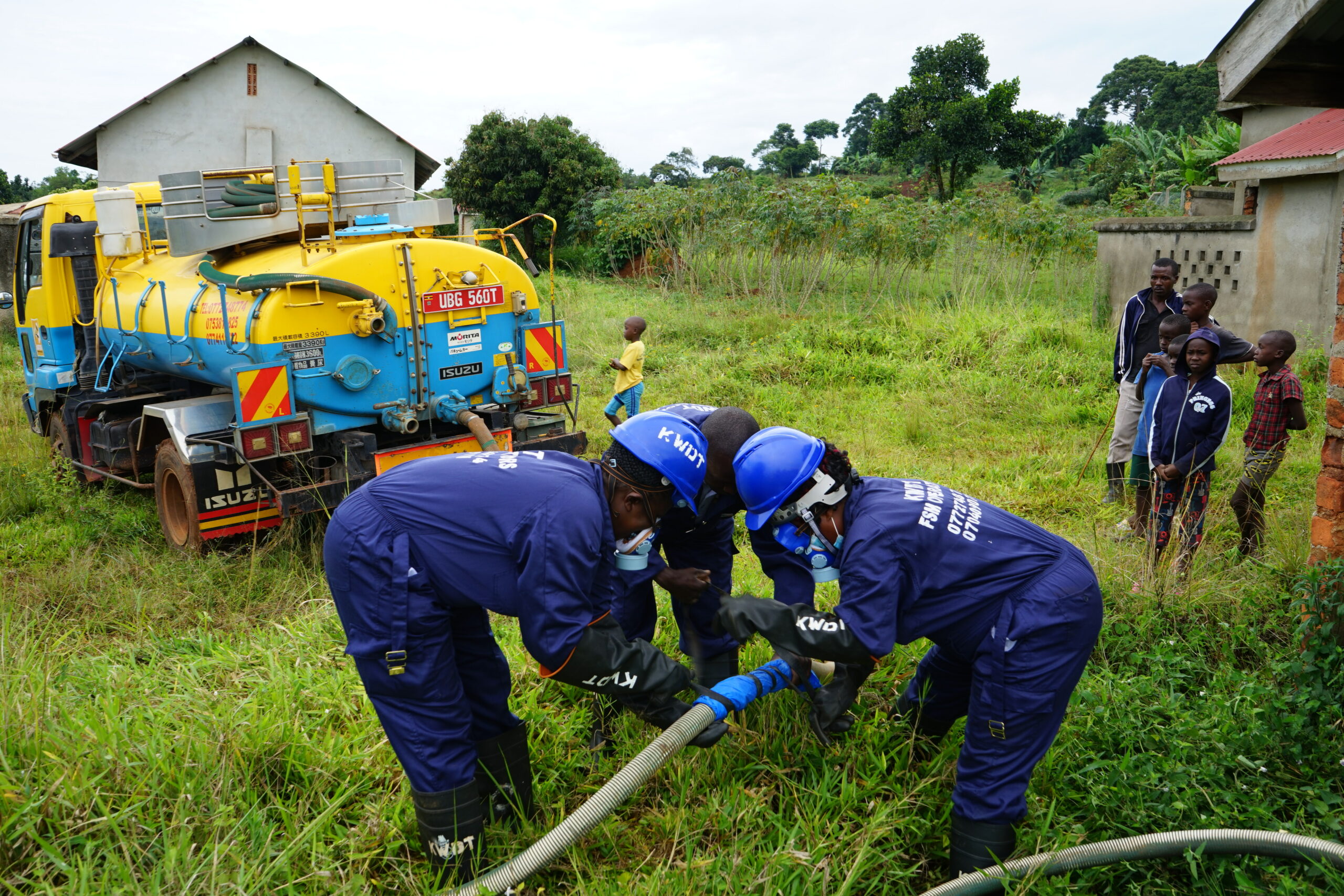
Empty a Latrine
Access to sanitation is improved by promoting appropriate technologies such as the ecosan toilet, emptied by a cesspool emptier to sustain use.
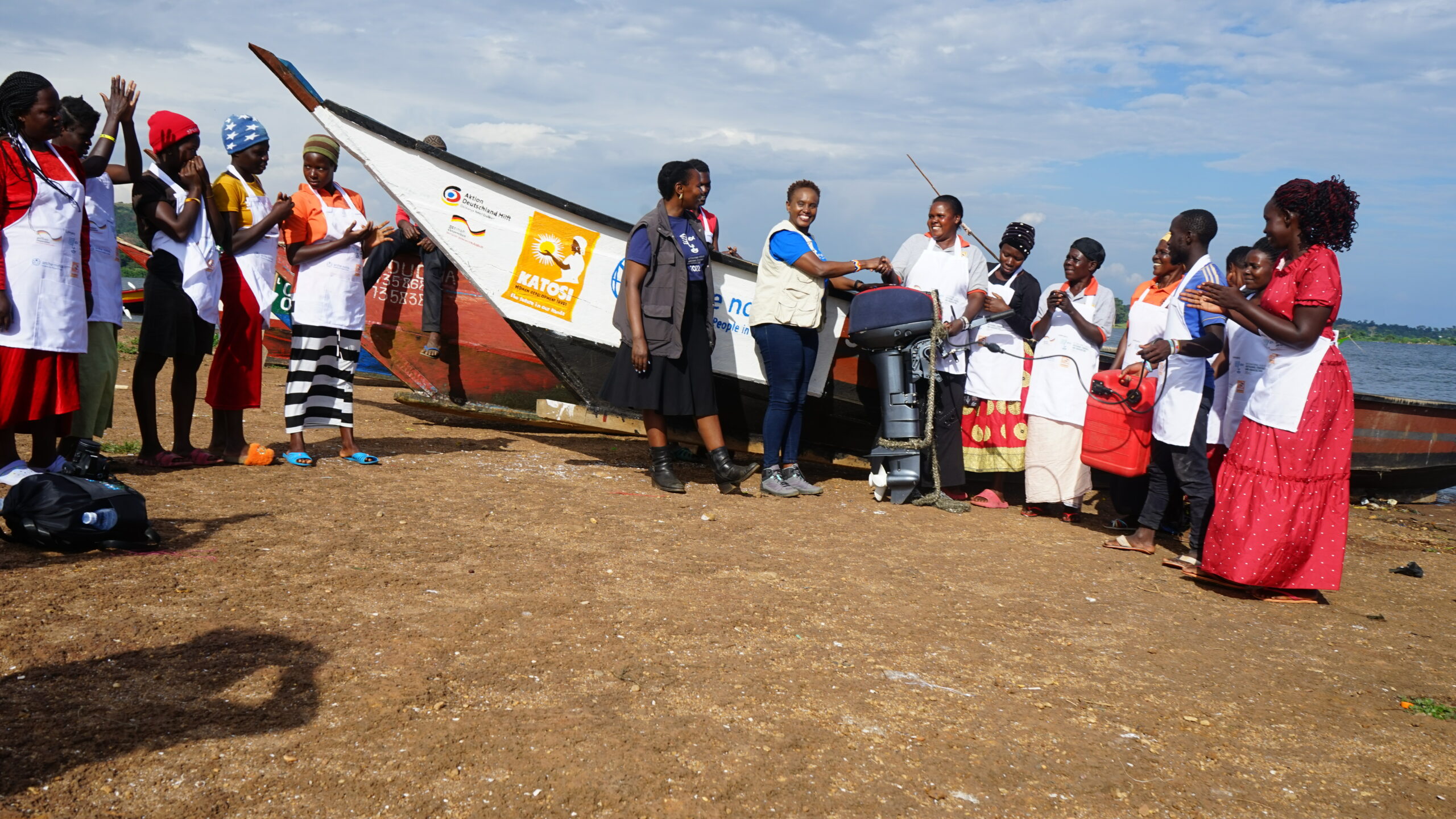
Boat Engine
Increase access to legal fishing equipment to enhance women’s engagement in legal fisheries.
Our Impact
Community & Household Impact


